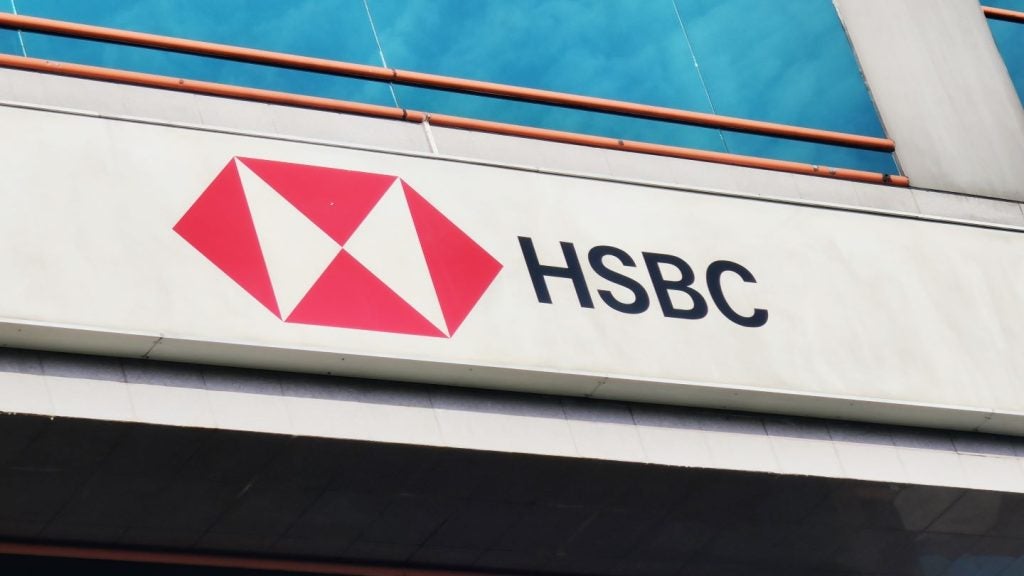Piraeus Bank, the fourth-largest Greek lender, has bid
€701m for the Greek government’s stakes in two-loss making rivals,
Hellenic PostBank and Agricultural Bank of Greece. If the bids
succeed, the deals are expected to accelerate consolidation of the
country’s fragmented banking sector, reports Douglas
Blakey.
Piraeus Bank’s €701m (€897.7m) bid
for two state-controlled lenders, Hellenic PostBank and
Agricultural Bank of Greece (ABG), is being closely examined,
according to Greek finance minister George Papaconstantinou.
The Greek government has, for some
time, been keen to encourage consolidation of the country’s
fragmented banking sector, due to concerns about the long term
health of a number of lenders.
Piraeus said it has bid €372m for a
77.3% stake in ABG and offered €329m for the government’s 33.04%
shareholding in Hellenic PostBank.
Piraeus, the country’s
fourth-largest lender after National Bank of Greece, EFG Eurobank
and Alpha Bank, would become the country’s second biggest financial
group if the bids are accepted.

US Tariffs are shifting - will you react or anticipate?
Don’t let policy changes catch you off guard. Stay proactive with real-time data and expert analysis.
By GlobalDataPiraeus has, on occasions,
struggled to fund itself in the first half via deposits and the
European Central Bank, but gaining access to PostBank’s €9bn of
deposits would avoid any future funding problems.
In the first quarter, Piraeus
reported total deposits of €30.1bn were down 3% year-on-year and 2%
down quarter-on-quarter.
The newly enlarged Piraeus Bank
would have assets in excess of €105bn, a net loan portfolio of
€69bn, and €64bn in deposits; its tier one capital ratio would be
9% while its loan-to-deposit ratio would be around 98%.
Piraeus said it was aiming to:
- Introduce competitive business
practices in the agricultural sector; - Become the bank of choice for the
fastest expanding sector of the economy, green business; - Leverage the complementary nature
of the three banks’ client bases; - Broaden the services offered to
the SME sector, and - Offer its state-of-the-art
e-banking platform to a much larger client base.
“Given improvements in Greece’s
fiscal situation in the first six months, it’s the right time to
launch a specific initiative,” said Michalis Sallas, Piraeus Bank
chairman.
Piraeus, Hellenic and ABG all
reported first-quarter losses, while non-performing loans in the
Greek banking sector are forecast by analysts to exceed 10% this
year.
Piraeus’ first quarter provisions of €134m – corresponding to
138 basis points on average loans against 83 basis points in the
first quarter of 2009 – more than doubled at its Greek domestic
unit from the year ago period.









